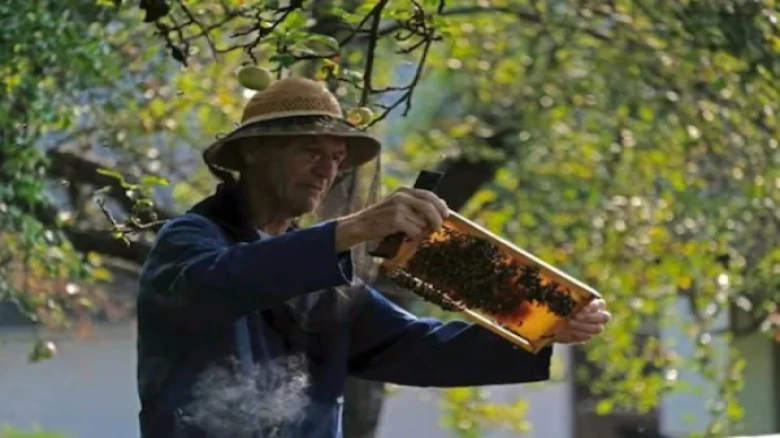Slovenia's beekeeping history is being added to the U.N.'s list of cultural heritage that humanity should protect...
Digital Desk: Slovenia's bee buzz is still gaining traction. After obtaining United Nations backing for establishing a World Bee Day in 2018, authorities announced on Thursday that Slovenia's beekeeping history has now been added to the United Nations' list of cultural heritage that mankind should conserve.
According to Slovenia's Ministry of Culture, UNESCO experts meeting in Morocco this week concluded that Slovenia's entry - Beekeeping in Slovenia, is a Way of Life - which help them get the U.N. recognition as an example of an important cultural practise.
The bid, according to the ministry, showcased the depth of Slovenia's beekeeping heritage - its long history and extensive skills, knowledge, and practises passed down from generation to generation.
"Beekeeping is profoundly rooted in Slovenia, with its fixed and portable legacy, and in modern times, beekeeping in urban areas is also being promoted," the statement continued.
Culture Minister Asta Vreko described it as "yet another significant cultural success for the country." "In times of climate change, bees and beekeeping must be given special attention, and traditional beekeeping... must be specifically encouraged."
Slovenian beekeepers have over 200,000 bee colonies and a domestic sub-species famous for its "docility, diligence, humility, and a superb sense of orientation," named as the Carniolan bee.
"Bees are generally kept in wooden apiaries near beekeepers' house," according to the UNESCO website entry. "Communities show love and respect for bees, and related knowledge, skills, and practises are moulded by millennia of tradition and passed down from generation to generation."
Slovenia's beekeeping legacy is reflected in "rich terminology as well as academic, literary, and folklore writings, art, and architecture," according to the entry.
On Slovenia's suggestion, the United Nations General Assembly established May 20 as World Bee Day. Slovenia has emphasised the significance of raising knowledge about the importance of bees and the threats to their survival.
According to the United Nations Food and Agriculture Organization, the date was chosen because it was the birthdate of Anton Jansa, an 18th century pioneer of modern apiculture. Jansa comes from a beekeeping family in Slovenia, where beekeeping is an important agricultural business with a long history.
Nowadays, beekeeping is a major tourist destination in Slovenia, with tours of beekeeping facilities hidden among Slovenia's magnificent Alpine peaks available to visitors. Beekeeping was first documented in Slovenia in the 13th century, and annual productivity presently varies according to weather and other factors.
Slovenia reported that UNESCO included the tradition of Lipizzaner horse breeding in Slovenia and seven other nations to its list of Intangible Cultural Heritage of Humanity.
Austria, Bosnia-Herzegovina, Croatia, Hungary, Italy, Romania, and Slovakia were among the eight nations that submitted the bid on Slovenia's behalf.

Leave A Comment